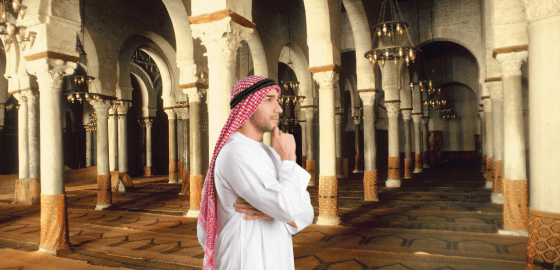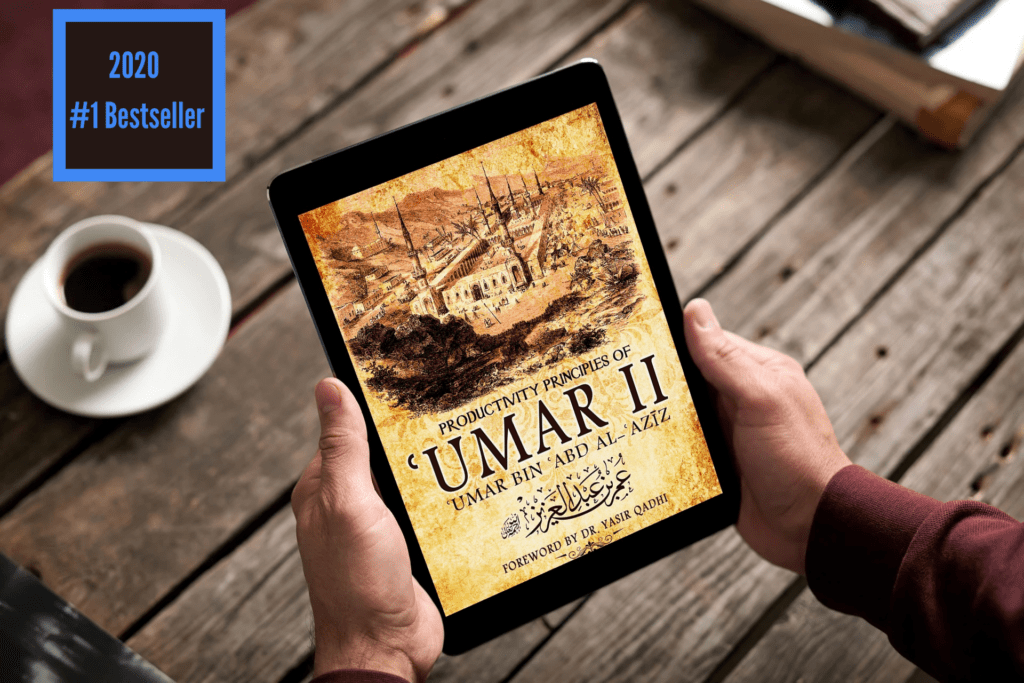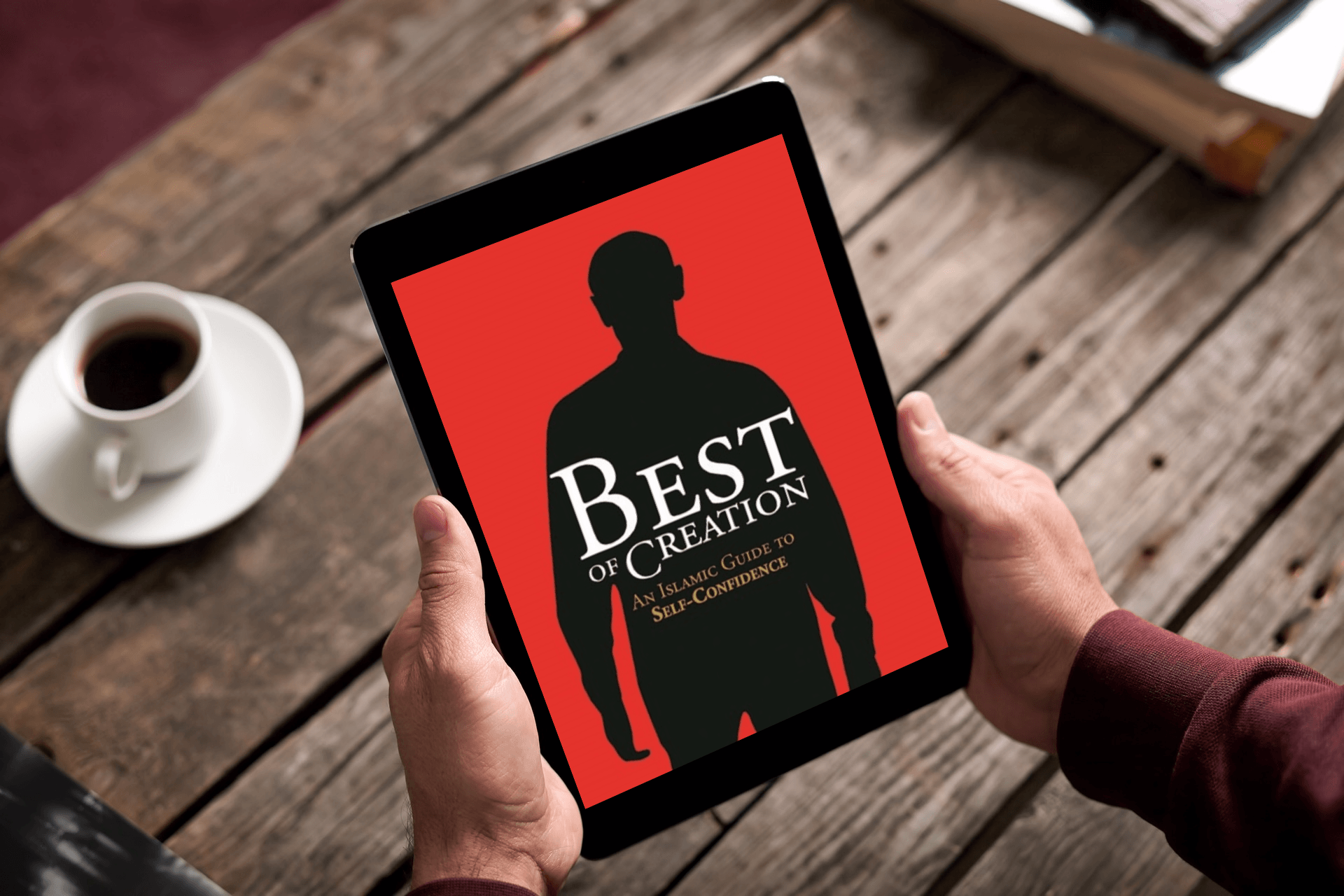This article is extracted from my bestselling book on self-confidence, Best of Creation, available as part of the self-help bundle here, or individually here.
The Friend Factor
When it comes to self-confidence, company is critical. In many ways, our confidence is either built or destroyed by those who influence us. This begins at a young age with parents, older siblings, then in the schooling years, teachers and classmates play a role too. As we enter our teenage years and eventually adulthood, it becomes our friends, work colleagues and spouses who have the biggest impact on our confidence.
If you reflect back at your life, you will remember many incidents that had a major impact on your confidence. Whether it was confidence killers like a teacher teasing you, bullies beating you up or a parent calling you a stupid child, or confidence boosters like a supportive mother, an encouraging teacher who believed in you or an older sibling who was always there for you. There is no doubt that the company we keep is critical to our self-confidence.
While we have no control over our past and what the people in our past did to our self-confidence, we do have control over the present. We may not control who our parents are, who our siblings are or which school we went to but as adults we do control who we associate with, who our close friends are and who we marry. Your choice in this area is critical to your self-esteem
Good company is something highly recommended in the Qur’an and Hadith. Prophet Muhammad (peace be upon him) warned us, “Every person follows the religion of his closest friend, so be very careful whom you take as a close friend,”[1]
Perhaps one of the best Hadiths on the topic of friendship is the following one in which the Prophet (peace be upon him) uses a very powerful metaphor:
A good friend and a bad friend are like a perfume-seller and a blacksmith: The perfume-seller might give you some perfume as a gift, or you might buy some from him, or at least you might smell its fragrance. As for the blacksmith, he might singe your clothes, and at the very least you will breathe in the fumes of the furnace.[2]
Comparing a good friend to a perfume-seller gives us a glimpse of how powerful good company can be. From among the benefits of righteous company are the following:
- They inspire you to be a better Muslim
- They remind you when you slip or stray
- They support you in all the good you do
- They motivate you, encourage and treat you with respect
- They want to see you succeed
- They serve as role models for you in their actions and lifestyles
Just like a perfume shop, a good companion has very subtle effects on you, and can improve you in very subtle ways. In terms of self-confidence, good friends are motivating and have a positive attitude to life that keeps you going and makes you feel better about yourself.
If you have such friends, treasure them. If not, I recommend finding such friends as they will play a major role in boosting your self-confidence.
Just as good company is important for self-confidence, bad company is terrible for it. Just like a blacksmith will get your clothes dirty even with minimum interaction, a bad friend can poison your heart in subtle ways.
Bad company are usually the type of friends who put you down and call you names if you don’t fall in line and do what they want. They can be vulgar, abusive and harsh. They do not allow you to be yourself, and they laugh at your goals and dreams. They have low self-confidence and feel threatened by anyone who doesn’t follow them, so they work to bring you down to their level through bullying.
Pessimistic and cynical people are bad company for someone striving to increase self-confidence. They view the world negatively and can only see the flaws in your goals and plans. They will drag you down to their level of negativity. It is better to keep a friendly distance from such people, and not allow them to mess with your head.
Bad company can suck the joy out of life, kill any confidence you have and hold you back from chasing your goals. Worst of all, bad company forces you to live a lie, you put on a mask and pretend to be someone you are not, just to fit in and avoid criticism. As a result many people live their entire lives pretending to be something they are not, and there is no happiness in that.
Islam teaches us that having good company is a must, and having bad company is prohibited as it is a primary means of going astray. This does not mean that we are harsh towards any people whom we perceive as bad company. Rather, Islam teaches us to be friendly and influential with everybody. However, we have to be very careful who we allow to influence us. These are our close friends, our inner circle and they need to be people of righteousness.
Dealing with Bad Company
For most people who want to make a positive change in their lives, there comes a time when you need to let go of bad company and it often isn’t a smooth transition. This applies to people trying to improve their self-confidence as well.
If you are hanging around friends who constantly put you down, pick on you and hold you back, you will not be able to excel or grow into a confident person. Letting them go is essential to success.
Bad company includes any friendship based on sin or held together by the bonds of sin, friendships based on ulterior motives (eg: someone is your friend to exploit your wealth) and friends that are determined to hold you back from success. You need to let them go and replace them with better company, but this isn’t easy.
The first thing you need to do is honestly introspect the quality of your friends. Make a list of qualities you need in good company and evaluate if your friends have these qualities. It is not surprising to find many people who realize that their friends have the opposite of the qualities they need.
Once you identify which side of the fence your friends are on, you next need to remove from your close circle those who you have identified as bad company. But cutting ties shouldn’t be the first step in this process. The first step is to advice and offer assistance to your friends to help them improve. Perhaps even give them a copy of a book like this. Do whatever you can in a friendly manner to help them improve. Remember that if you are influencing them positively then they are in good company but if they are influencing you negatively then you are in bad company, so stay influential.
If you find yourself unsuccessful in influencing them positively, do not despair. It is very common for such situations to occur and you are not alone. The next phase would be to maintain a friendly distance. A friendly distance works with family members who are bad company too, since it is not permissible to cut ties with family. The Prophet (peace be upon him) said that Allah said about family ties, “I shall keep connection with him who maintains you and sever connection with him who severs you”[3]
A friendly distance means that you are friendly to the individual, and maintain a limited friendship like meeting up for short amounts of time in a good environment, but at the same time you maintain a distance by not letting that person take up too much of your time or influence you negatively.
For example, if you have an aunt who always criticizes you and makes you feel bad whenever you meet her, you cannot cut ties with her and you have been unable to influence her, so what do you do? You continue to treat her well while maintaining a distance, meeting her only when necessary and only interact as much as needed, not giving her any time to lash out at you with her tongue. In this way, you fulfil the obligation of family ties without allowing her to influence you negatively.
Unfortunately, it isn’t possible to maintain a friendly distance with everybody. There are some people who will become hostile and aggressive to you if you start practicing Islam or attempt at any positive change. Such people are obstacles that need to be overcome, and sometimes we have no choice but to cut such people out of our lives completely.
An example of this is Prophet Ibrahim (peace be upon him). He lived in a city full of disbelievers, and his own father was an idol maker. He tried his best to convince them to give up idol worship, but they grew aggressive and hostile. The hostility reached such a high level that they imprisoned him and threw him into a fire, but Allah miraculously saved him by causing the fire to become cool for him. Eventually, he left the city with his few followers and searched for a better environment.
The final bit of advice in dealing with bad company is to remember to be assertive. The very nature of bad company is one of bullying. A bully only has power over someone who lacks confidence and is unable to stand up for himself. Do not give them this kind of power over yourself. Be like the people of the cave and Prophet Ibrahim. Stand firm on the truth regardless of what they say.
Standing up to bullies and leaving bad company is in itself empowering. You feel a sense of self confidence that you are no longer judged by their standards and can finally be yourself without being fake. Use this feeling of confidence to help you take the next important step, finding good company.
How to Find Good Friends
“It is so hard to find good friends these days,” I heard this statement many times from young people desperate for good company. Yet, reality is that if so many young people are looking for good company, shouldn’t they find each other and befriend each other.
Many of us cling to some of our cultural standards in choosing friends. We claim to be looking for righteous friends, yet we still focus only on finding righteous friends who are from our tribes, race, country or friends who are good looking, wealthy or famous and we ignore the rest. You need to let go of this attitude if you want to make genuinely good friends.
The Quraysh of Makkah would criticize Prophet Muhammad (peace be upon him) for being friends with the poor and weak like Bilal and Ammar Ibn Yassir. It was because of such criticism that some scholars say Allah revealed the following verse:
Remain constantly in the company of those who call on their Lord day and night, seeking His Face (Pleasure), and do not turn your eyes away from them to chase after the beauty of the worldly life. And do not obey the one whose heart has become heedless to My Remembrance, who followed his desires and whose deeds have been wasted.[4]
In order to find good company, we need to first change our standards of who is good company. Good company are the righteous people who motivate you to be the best you can be, and avoid negative speech and deeds. They can be found across all backgrounds and cultures, and will be loyal to you even in the most difficult of times.
It is important to look in the right places. You are not going to find righteous company hanging around street corners or at the local clubs. You will find them frequenting the local Masjids and Islamic Centres, attending Islamic events, and volunteering for humanitarian work.
If you want to make good friends, you need to step outside your comfort zone and volunteer to assist at the local Masjid, Centre, Islamic event or project. It is almost guaranteed that you will meet amazing people at such places and a new friendship will be sparked. It will be a genuine friendship based on pleasing Allah and helping each other succeed in life. Who knows, you might even meet your future spouse at such an event!
When looking for good company, you need to be picky. The kind of people you hang out with, invite to your home and allow to influence you must be beacons of light in your world. It is one area of life in which we have to be extra careful in our choices. This goes double for when choosing a spouse.
Cultivating Friendships
“Surround yourself with great people and value them. Tell them, show them and do it often. Valuing is pushing them to do their best.”[5]
It is not enough to make good friends, as friendship is something that needs to be cultivated. Any successful relationship is based on mutual respect and benefit. Nobody likes to feel used, neglected or like dead weight. It is important that we invest in our friendships and family relationships so that they can blossom into something special.
One way in which we can do that is to help them overcome their problems and achieve their goals. Be supportive of your family and friends in all noble pursuits, encourage them and motivate them to be their best. In return, you will receive the same from them, and if not from them directly then Allah will send others into your life to motivate and support you, because Allah does not leave any good deed unrewarded.
Friendships should never be ego-driven, in which all the focus is on yourself at the expense of others. Such a friendship is bound to implode and cannot lead to anything positive. You need to give as much, if not more, than you receive.
Make quality time for your family and friends. You don’t need to spend a lot of time with them but you need to make sure it is quality time. Quality time means that you give that person undivided attention for a few minutes and make them feel special. A few minutes of quality time is far more memorable and beneficial than hours of time spent with someone while mentally elsewhere.
When your family or friends speak to you, give them your full attention. Put your phone or tablet away, look them in the eyes and pay attention to their words. Attentive listening is a skill that everybody must learn. It benefits your family life, friendships and work life. By listening attentively, we respect the other person, understand better and avoid miscommunication. This is especially important for men since it is so easy for us to lose concentration and become deaf to the conversation. If you a married man, active listening is one of the best skills you can learn to win your wife’s heart over.
Good friends advise each other sincerely, yet gently. Adopt an open-to-correction style relationship with family and friends. Make it clear that you will correct them when they stray, and they should correct you too when you stray.
Do not take their corrections personally, and they too will follow your lead and won’t take your corrections personally. This level of openness is crucial in a real friendship and separates the genuine friendships from the fake. True friends are not afraid to let each other know the truth, even when it is bitter, but they know how to present it gently.
Be there for your friends in difficult times, and Allah will be there for you in difficult times and send you support from where you never expected. Do not expect from anyone except Allah. Be the best friend you can be, but expect Allah to reward you for it, not your friends. Inshaa Allah, if you have good friends, they will return the favour.
Motivate your friends to be the best they can be. Be a source of positivity and optimism wherever you go. Do not speak negatively or put people down. Motivate them, encourage them, help them pick themselves up after they fall. This is what we all need in friends. By doing this, you increase their self-confidence as well as your own.
Being a good friend is actually even better for your confidence than having good friends. Most of the time, if you are a good friend, you will receive goodness in return.
However, it is important to only expect from Allah because human beings are weak and tend to forget the good others do for them. If a friend doesn’t appreciate what you did for them, do not take it personally. Ask Allah to forgive them and seek your reward from Allah alone.
Good friends may be rare but they exist. Make dua to find them, search for them in the right places, be a good friend yourself, and Allah will send them into your life. Good company is a gift from Allah and one of the strongest sources of self-confidence. Good friends motivate us when we are down, encourage us to chase our dreams and help us see and overcome our flaws. Investing in good company is one of the best things you can do to improve your self-confidence.
To learn more about this topic, get the full ebook, Best of Creation, as part of the self-help bundle here, or individually here.
[1] Sunan Abu Dawud
[2] Bukhari and Muslim
[3] Saheeh Bukhari
[4] Surah Al-Kahf 18:28
[5] Mirza Yawar Baig, 20.10.2010-55, p. 23








